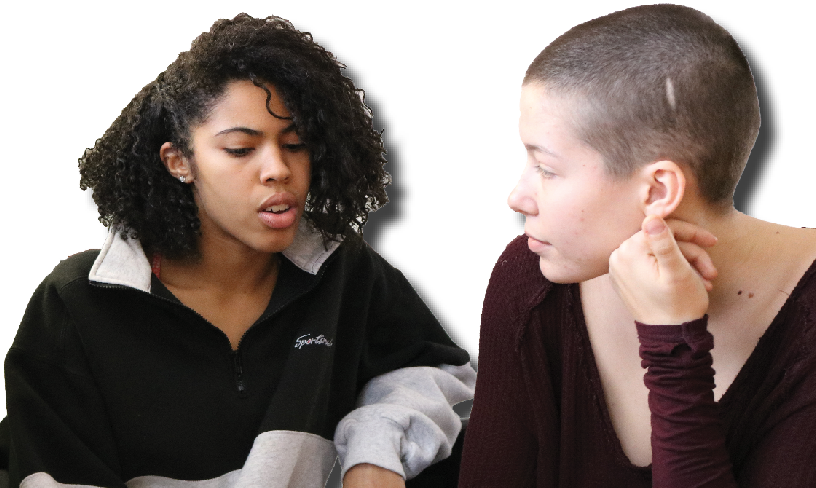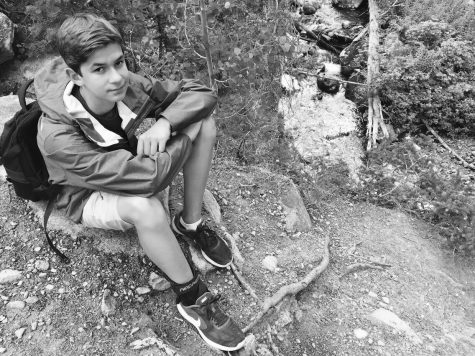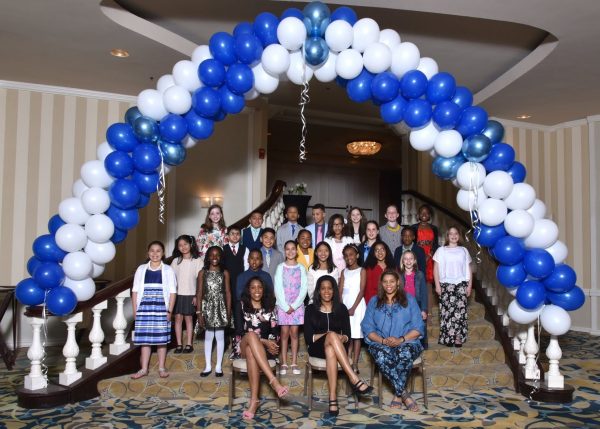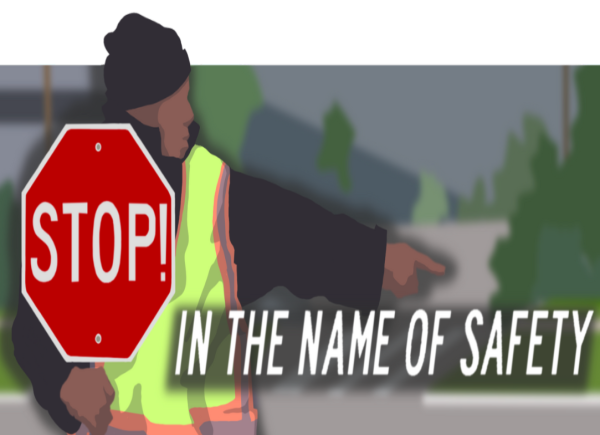SOAR program aims to protect students’ identities
Junior Liana Wallace and senior Genevieve Lindley discuss The Alliance.
December 15, 2017
While ETHS has been progressive in working to fight racial discrimination and microaggressions students and staff believe there is still a long way to go, especially involving actions and comments made in the classroom.
“I’ve heard students talk about true microaggressions that they’ve experienced from adults and staff in the building,” says SOAR Coordinator Corey Winchester.
The Alliance is a program created by Students Organized Against Racism (SOAR), aiming to combat these issues by facilitating related to racial conflicts between students and teachers. Certain classroom situations may make students feel uncomfortable or as if they were treated unfairly by a teacher because of their identity. The Alliance works to resolve these issues and increase understanding of what is and isn’t acceptable in the classroom.
The program has been in the works for a while and has not yet been implemented, but the idea is to give a voice to students who are not receiving fair or proper treatment from a teacher and may feel uncomfortable confronting them.
Students fill out an online form that can be found on the SOAR website and then the Alliance, which will be made up of several students and staff, will address this issue by contacting the student and the teacher to better understand the issue and address it.
“At first, I didn’t really notice it that much and I don’t even think it is intentional,” says Kaila Holland, a sophomore student referring to the presence of racial microaggressions in the classroom.
For students not affected by microaggressions, they are easy to overlook. Microaggressions are verbal or nonverbal slights that communicate derogatory messages to someone based on their identity. Often times they are unintentional but still harmful to whoever they are directed toward.
Some examples of this may include assumptions about a student’s experience because of their race, requiring more or less a student because of their race, or even just using improper terminology when describing aspects of a student’s identity.
“We have this idea that we are this extremely equitable school but in reality, there are a lot of ignorant teachers here,” says senior and SOAR board member Nialie Pompilus.
One instance where Pompilus personally felt the effect of microaggressions in the classroom was in one of her freshman year classes. Her class was discussing the history of Chicago, and she was asked to give a black perspective. She believes teachers oftentimes forget that one student cannot speak for an entire race or group of people, just as a teacher wouldn’t ask a white student to provide a “white perspective.”
The goal of the Alliance is not to target or hurt these teachers. Winchester believes these “courageous conversations” are critical to addressing issues and that the hardest part for teachers and adults in general is to own that they are humans and make mistakes.
“For teachers and staff, if they realize that the space is meant to adjudicate and to fix some of these issues so that the learning environment can be better for all parties, then I don’t see why anyone would be opposed to that,” says Winchester.
The Alliance currently relies on students to implement it and make it effective to address this discrimination. For more information on the Alliance, visit https://sites.google.com/eths202.org/soar/our-programs/the-alliance .




















